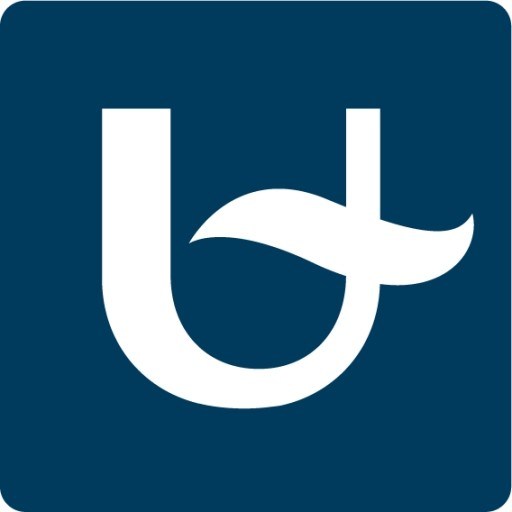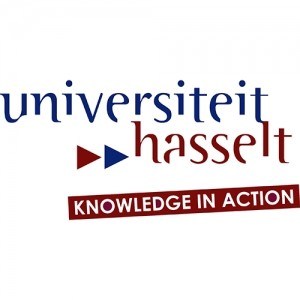Photos of university / #uantwerpen
Economics Policy at the University of Antwerp is an innovative and comprehensive program designed to equip students with a profound understanding of economic theories, policies, and their real-world applications. This program offers a rigorous curriculum that combines core economic principles with specialized knowledge in policy analysis, public economics, and economic development. Students will explore a wide range of topics, including macroeconomic and microeconomic analysis, fiscal and monetary policy, labor markets, and international trade, enabling them to analyze complex economic problems and develop effective policy solutions.
The program emphasizes both theoretical foundations and practical skills, encouraging students to apply their knowledge through case studies, data analysis, and policy simulations. Through interactive coursework and research projects, students will gain insights into the functioning of economies at both national and global levels, preparing them for careers in government agencies, international organizations, think tanks, and the private sector. Moreover, the program fosters critical thinking and policy advocacy skills, empowering graduates to contribute meaningfully to economic debates and decision-making processes.
Students will have access to renowned faculty members who are experts in economic policy and related fields, as well as state-of-the-art facilities and resources. The program also offers opportunities for internships, international exchanges, and involvement in research initiatives, enhancing practical experience and global perspectives. Graduates of the Economics Policy program at the University of Antwerp will be well-equipped to analyze and shape economic policies that promote sustainable development, economic stability, and social well-being. With a curriculum designed to meet contemporary challenges, this program provides an excellent foundation for a successful career in economic analysis, policy formulation, and consulting.
- Applied Econometrics
- Applied Welfare Economics
- Open Economy Macroeconomics
- Graduate Seminar in Economics
- Economics Project
- Master dissertation
- Financial Econometrics
- Financial Intermediation and Regulation
- Monetary Economics
- Public Finance
- Economic Analysis of Inequality
- Health Economics
- Industrial Organisation
- Labour Economics
- Transport, Mobility and the Environment
Requirements
- Applicants should hold an academic Bachelor’s degree in Economics, Economic Policy or equivalent (please note that students with a HBO degree or a Bachelor degree in Business Administration are not eligible). When starting the Master’s programme, students should have thorough knowledge of intermediate micro- and macro-economics and introductory econometrics. Students who are still completing their Bachelor’s degree are also encouraged to apply. They should submit an official letter in English from their university confirming that the student is expected to finalise her/his Bachelor’s studies at the end of the current academic year, and submit up-to-date authenticated transcripts with the results of the previous years.
- Applicants are also required to submit a GMAT or GRE test score. Both the verbal and quantitative score will be taken into consideration.
- TOEFL (Test of English as a Foreign Language): paper-based TOEFL level of minimum 550, a computer-based TOEFL level of minimum 213 or an internet-based TOEFL level of minimum 80. You can find more information about TOEFL at www.toefl.org
- IELTS (International English Language Testing System): a minimum score of at least 6.5, and on each part minimum 6.0. You can find more information about IELTS at www.ielts.org;
- A copy of your valid passport or identity card/a curriculum vitae
- A motivation letter
- A legalised copy of your degree certificate (please read more information on legalisation)
- Applicants that are enrolled in the final year should submit an original and signed letter from their college or university confirming that they are expected to finalise the program at the end of the current academic year
- A copy of your academic transcripts, provided with a stamp of the university
Scholarships
- VLIR-UOS: scholarships for students from developing countries: Scholarships are available for students from 54 scholarship countries in Africa, Asia and Latin-America to follow a training or master programme at the University of Antwerp.
- ASEM-DUO: Scholarships are available for students from China, India, South-Korea and Vietnam.
- Transition Fellowship Programme: Scholarships are available for students from 4 countries in transition (Brazil, Morocco, South Africa and Turkey).
- Mastermind: Scholarships are available for international students who want to take up a master degree programme.
- Global Study Awards: An individual global study award with a maximum value of £10000
The Master's Degree in Economic Policy at the University of Antwerp offers students an in-depth understanding of economic theory and its practical applications in policy-making. This program is designed for individuals interested in studying how economic analysis can be used to address societal challenges and influence government policy. Throughout the course, students explore various economic frameworks, develop quantitative and qualitative analytical skills, and gain insights into both national and international economic issues.
The curriculum covers core topics such as macroeconomics, microeconomics, public finance, economic development, and welfare economics. Special focus is given to the formulation, evaluation, and implementation of economic policies within different contexts. Students also have the opportunity to engage with current fiscal and monetary policy debates, learn about behavioral economics, and understand the implications of globalization and technological change on economic strategies.
In addition to theoretical knowledge, the program emphasizes the development of practical skills, including data analysis, economic modeling, and policy evaluation techniques. Students often participate in internship opportunities, workshops, and seminars led by policymakers and industry experts, enabling them to connect academic learning with real-world applications.
The program's multidisciplinary approach ensures that graduates are well-equipped for careers in government, international organizations, research institutions, or private sector firms dealing with economic consulting and policy analysis. The University of Antwerp provides a dynamic learning environment with modern facilities, experienced faculty, and active research centers focused on economic and social policy issues.
Graduates will be prepared to analyze complex economic problems, design effective policies, and contribute to shaping economic strategies at various levels of governance. The program typically requires students to complete coursework, a research project or thesis, and sometimes an internship component, all aimed at fostering analytical thinking, problem-solving, and policy formulation skills. The presence of a diverse student body and close collaboration with policy institutions creates a vibrant academic community focused on advancing economic knowledge and practical policy solutions.



